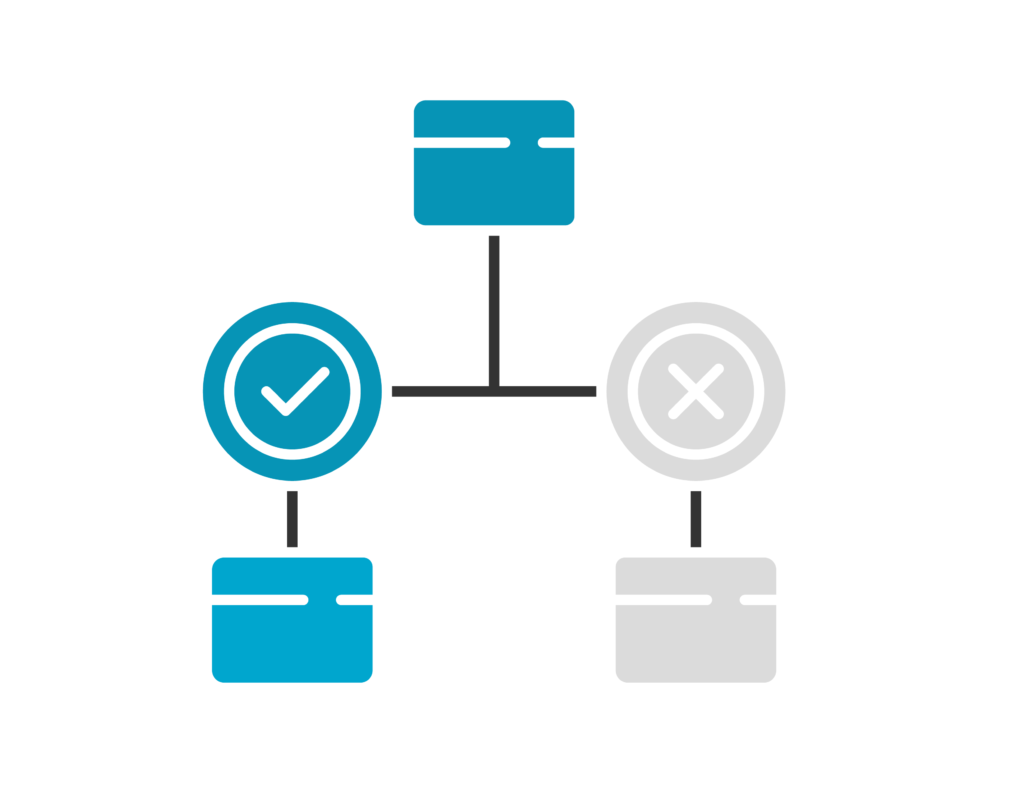There are many ways to form a non-profit organization in Quebec. There is a formal registration process for some, but you can also create an organization on your own. You might not even need to start a new organization to have an impact.
Read the summaries below to explore what’s best for you.

Want to know which type of non-profit is best for you?
Incorporated non-profit organization (without charity status)
Key points
- Incorporation creates a legal entity separate from an organization’s members and board of directors. If something goes wrong, generally, the organization will be held legally responsible and not members or directors personally.
- This organization is not a registered charity and so usually cannot issue tax receipts for donations. (If the organization meets specific criteria, it can apply to become a registered charity.)
- Incorporated non-profits are not restricted in their political activities like registered charities.
- The organization can usually run a limited surplus without paying income tax. But for most organizations, the extra money cannot be shared among members.
- This type of organization has a democratic decision-making structure centered around members and a board of directors.
- Expect to spend some time and money incorporating and following required decision-making procedures and reporting requirements. (But not as much time as you would as a registered charity!)
- You can incorporate with the Quebec government (Quebec uses the term “non-profit legal person”) or the federal government (Canada calls it a “not-for-profit corporation”). There are pros and cons to both options.
|
Example: You want to start an organization advocating for a social cause. You will promote political candidates who support that cause. You’ll fundraise through grants and fundraising events. |
Registered charity
Key points
- Incorporated non-profits and “contractual associations” can apply to the federal government to become registered charities. But their governing documents must meet federal criteria.
- Registered charities must have a charitable “purpose” that falls into 1 of 4 categories.
- Registered charities can issue tax receipts for donations and may have more funding options than organizations without charitable status.
- Partisan political activities are not allowed. Any non-partisan political activities (like advocating for changes in the law) must directly help the charity accomplish its purpose.
- Registered charities do not pay income tax when they have a surplus. But there are restrictions on business activities, and there can be spending requirements (more info).
- Expect to spend a significant amount of time and resources making sure you follow activities, spending, reporting and fundraising rules.
- The application process takes time and resources too.
|
Example: You run a food bank in your town and have a strategic plan in place to expand your operations to other towns through foundation grants and charitable donations. |
Contractual association (without charity status)
Key points
- You can form a contractual association by adopting a constitution with others (for example, creating by-laws) or even by making a verbal agreement.
- A contractual association that is not a registered charity can serve members or the community at large.
- If you wish to become a registered charity, you must have a constitution that meets federal requirements.
- Contractual associations are not incorporated. The board of directors (or people acting like directors) can be held personally responsible for debts or harm caused by their decisions.
- Without charity status, most contractual associations cannot issue tax receipts for donations. But there are exceptions, for example, for some amateur sports associations.
- Contractual associations that are not registered charities are generally not limited in their political activities.
- Contractual associations can mostly decide on their own how they want the organization to make decisions. (If not, there are some rules in Quebec’s Civil Code.)
- You don’t have to register your association with Quebec’s enterprise register, but you can.
|
Example: You want to create a bird watching group that meets up monthly. You will set criteria for who can be a member and participate in meet ups. |
Cooperative
Key points
- You can create a cooperative provincially or federally, but federal cooperatives must have activities and a physical place of business in more than one province.
Important! The rules below are for cooperatives created under Quebec law.
- Cooperatives serve members while also promoting cooperatives and community development.
- Depending on the type of cooperative, you must have 3-5 members to start.
- In most cases, members must personally use the cooperative’s services and purchase shares.
- A cooperative is a “legal person” separate from its members and board of directors, so these people are generally not personally responsible for the cooperative’s debts.
- Unlike registered charities, cooperatives cannot usually issue tax receipts for donations.
- Cooperatives have rules to follow when distributing profits. For example, some money must be set aside for the future. Also, cooperatives pay members based on how much business each member does with the cooperative.
- Cooperatives have a formal, democratic decision-making structure: 1 person, 1 vote regardless of the amount of money a member contributes to the organization.
- Cooperatives usually have a board of directors. They may have a separate general manager.
- Cooperatives can raise money in different ways, for example, through loans (with some restrictions) and by selling shares (also with some restrictions).
- Funding sources and support exist specifically for cooperatives in Quebec.
- For more information about cooperatives:
- Information Guide on Co-operatives (Canadian government)
- Conseil Québécois de la coopération de la mutualité (Quebec council for mutual cooperation, French only)
- Ministère de l’Économie et de l’Innovation (Quebec government, French only)
|
Example: You’re an artist who wants to create, present, or sell your art in a space that is shared with other artists and managed by all of you collectively. |
Social enterprise (for-profit business that helps the community)
Key points
- In Quebec, there is no special “social enterprise” legal structure. “Social enterprise” is a general term that can apply to any organization that sells a good or service and aims to achieve a social goal at the same time.
- The good or service may serve the community, and you can also use profits to achieve social goals.
- You can choose a legal structure that allows you to make decisions and finance your business according to your needs.
- Sometimes non-profits and charities also sell goods or services to fund their missions. But there are limits on how they can do this. For example, the business of a registered charity must be run by unpaid volunteers or connected to the charity’s purpose.
|
Examples:
|
Alternatives to forming a new organization
Key points
- Partnering with another group means less administrative work and risk for yourself.
- You can benefit from already established expertise in an area that interests you. (This could help you develop a business or development plan for your own organization later.)
- When you donate to a registered charity you can get a benefit on your income taxes. You could also leave an organization a donation in your will.
- If your objective is to give away a large sum of money, you could speak with a lawyer about setting up a trust, which itself can become a registered charity.
|
Examples:
|
Quiz: Starting a Non-profit: What Type of Organization Is Best for You?
Language
En
Category
Businesses and Non-profits
There are many ways to start a non-profit organization in Quebec.
There is a formal registration process for some, but you can also create an organization on your own. You might not even need to start a new organization to have an impact. Answer these questions to explore what’s best for you.







